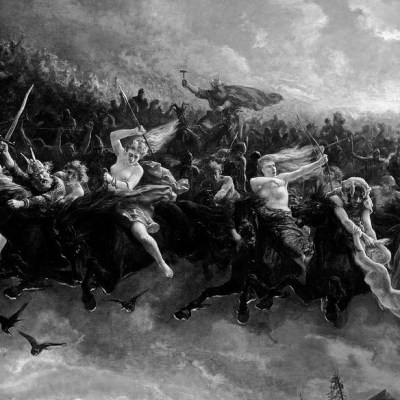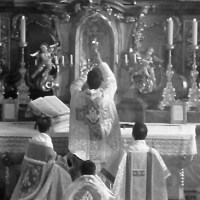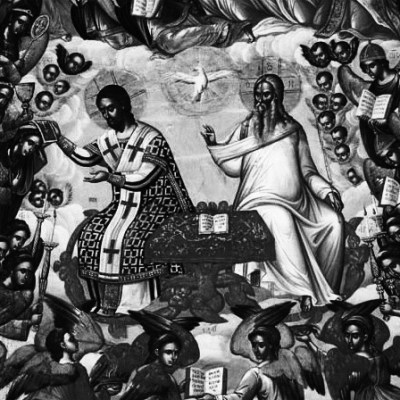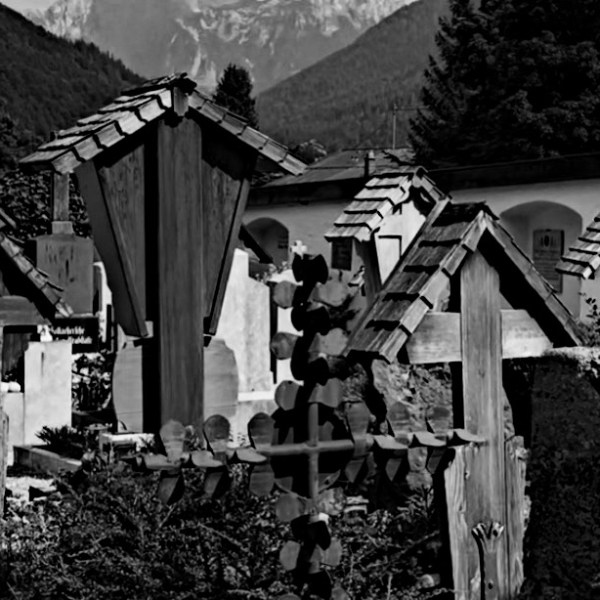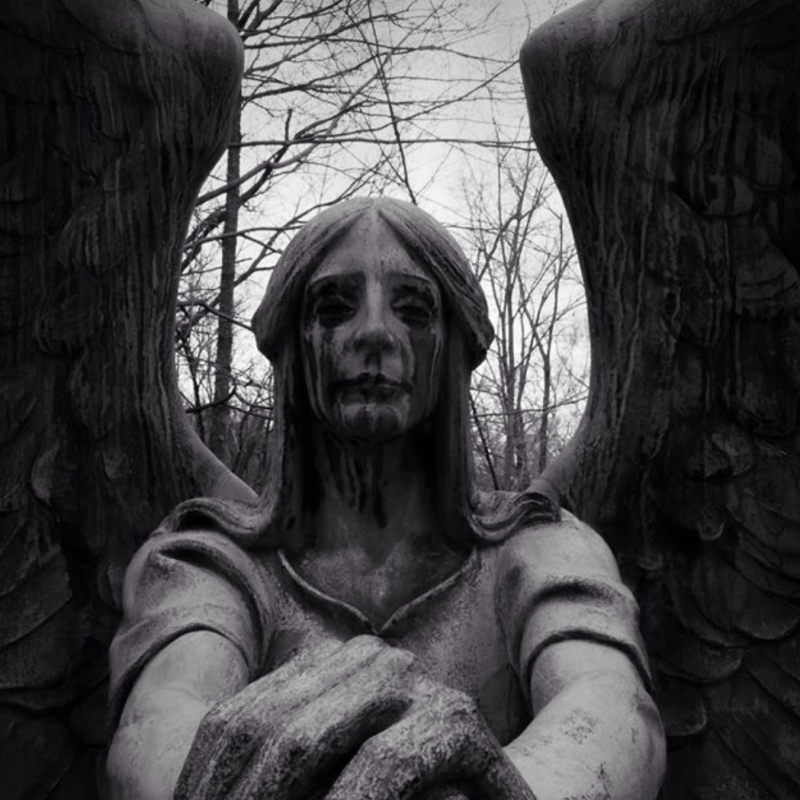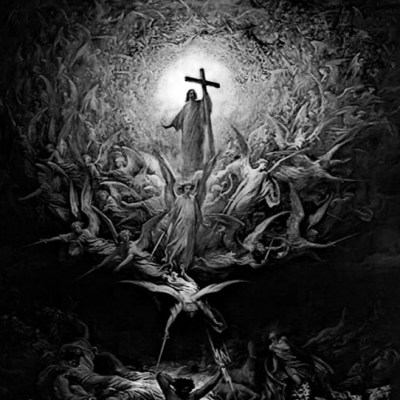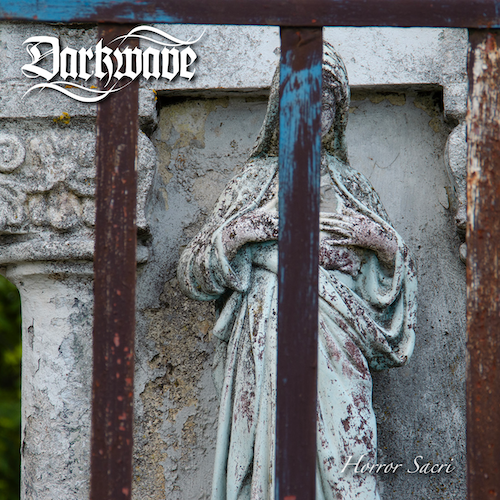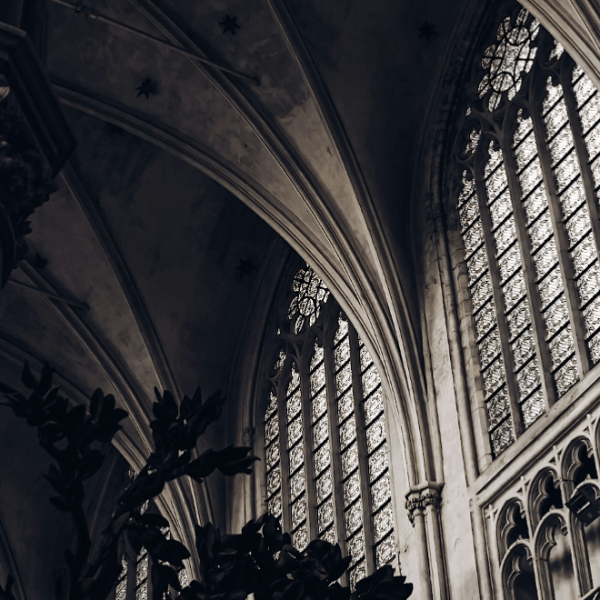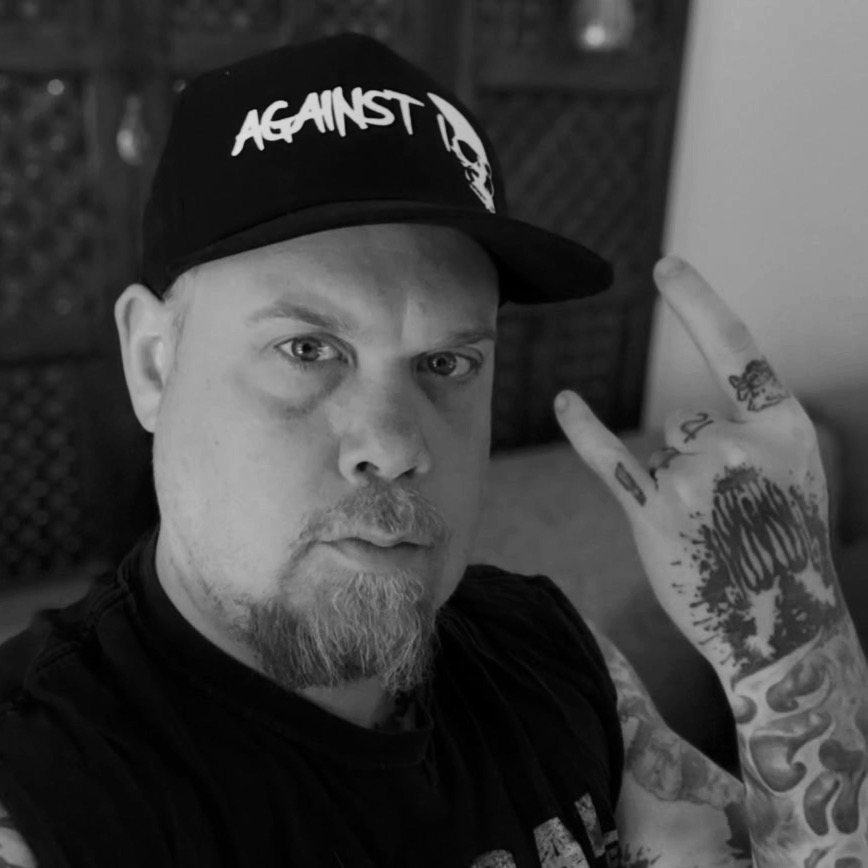“Soul Hunt” is one of the most direct and visceral tracks on the album — a relentless vision of unseen warfare, where human souls are the prize in an eternal struggle between forces far greater than ourselves. Based on one of my oldest lyrics ever written, the song captures a world drenched in fear and metaphysical violence. Peace is yearned for but never found.
The verses paint a bleak picture: “It’s all over” declares one line; “Bloodstained icons weep in woe” ends another. These aren’t just poetic images — they’re cries from a world where fragile human lives are tossed into a cosmic battleground beyond comprehension. The music echoes this turmoil with razor-sharp, old-school thrash metal riffing, driving the message home with unrelenting force.
At its heart, “Soul Hunt” forms the eschatological core of the album — a dark framework where the sacred collides with the violent. The Latin chorus, “Libera me, Domine, de morte aeterna” (“Deliver me, O Lord, from eternal death”), taken from the Roman Catholic Office of the Dead, becomes more than a liturgical chant. It’s a desperate plea for endurance, for grace, for something to hold onto in the face of annihilation.
You can already pre-order the album by clicking here: https://darkwave-metal.bandcamp.com/album/horror-sacri. By pre-ordering, you get one track now (streaming via the free Bandcamp app and also available as a high-quality download in MP3, FLAC and more), plus the complete album the moment it’s released on the 21th of August.

